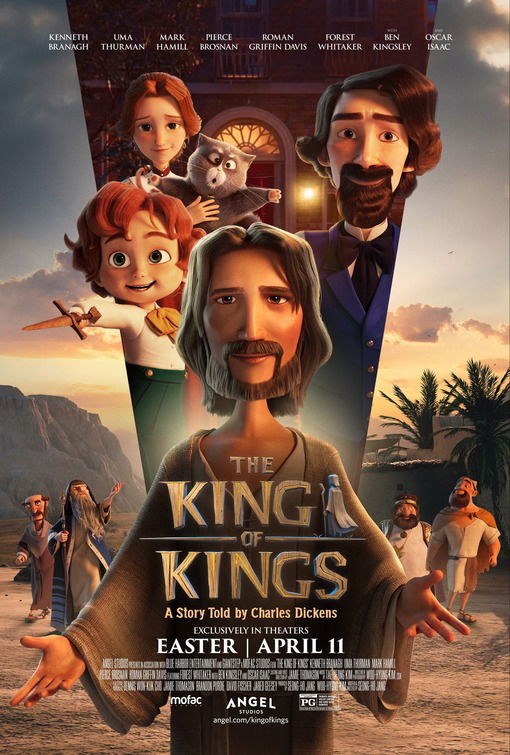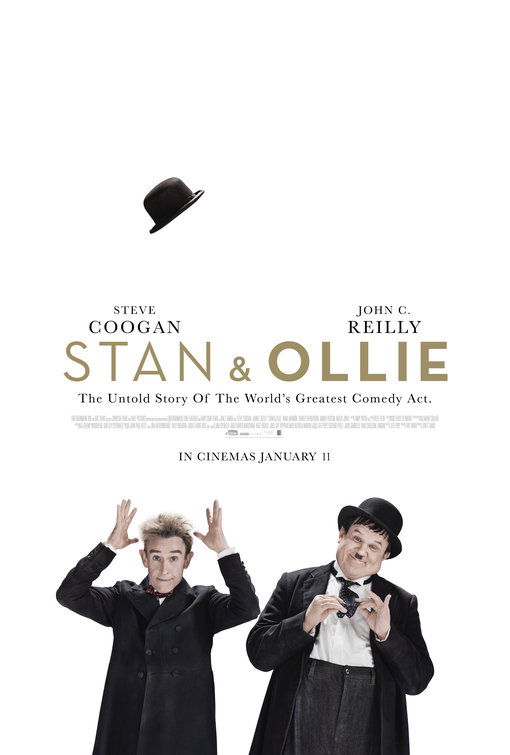Actress Alyson Stoner Encourages Media Literacy and ‘Working Together to Protect Children’
By Movieguide® Staff
Note: Alyson Stoner’s op-ed contains details of sexual violence and abuse.
Actress Alyson Stoner, 27, recently released an op-ed called “The Toddler to Trainwreck Industrial Complex,” where she reflects on her time as a child star in Hollywood and demanded parents and the industry make an effort to promote media literacy.
Stoner shares her experience in entertainment in three ‘acts’ that outline the pressure, abuse, and lack of discernment children face in an industry that forces adulthood onto minors.
Despite her negative experience, Stoner claims that she was “one of the lucky ones” and hopes to help parents, studios, and the industry practice more media literacy when it comes to children’s safety.
“While traversing extreme peaks and valleys of global fame, hidden medical hospitalizations, artistic milestones, rapid adultification, and multi-layered abuse I wish on no one, I narrowly survived the toddler-to-trainwreck pipeline,” Stoner writes. “In fact, nothing was designed for me to end up… ‘Normal.’ ‘Stable.’ ‘Alive.'”
“The toddler-to-trainwreck pipeline is a notorious and thriving industrial complex around child entertainers,” Stoner explains. “It was first documented in 1885 when Elsie Leslie made her theatrical debut at 4 years old, becoming an American celebrity at 6. Since then, a full-fledged system has emerged. It is expertly constructed and bolted in place by censoring the harm happening behind the scenes, manicuring aspirational lifestyles and outcomes, and then watching young lives tragically implode.”
She adds: “How can children unwittingly copy and paste the same horror stories, cries for help, and humiliating spirals? How come there have been no signs of improvement for centuries?”
Stoner recognizes that one of the central issues is a lack of accountability.
“As someone who lived it and witnessed thousands endure alongside me, I can attest that what is missing from the pipeline narrative are clear action plans for intervention, long-term prevention, and accountability from studios, agencies, and guardians,” Stoner writes. “On behalf of the current children being abused right now, there is an opportunity for us to empower each other through honest conversation and collaborative action.”
Even though Stoner admits that she escaped the traditional “trainwreck” narrative, her experience was not without trauma. Stoner recalls attending multiple auditions which required her, and other children, drastically shift their moods.
As a 6-year-old, Stoner auditioned for the role of a girl who is raped and kidnapped before auditioning for a princess toy ad shortly after.
“My methodically rehearsed helplessness during the first audition will either be associated with rejection (not getting the role), or I will be rewarded by booking the gig,” Stoner writes. “To clarify, I’ll be paid to recreate kidnapping and rape repeatedly on set with a crew of more strangers. If I’m especially believable, I may even get an Oscar and the praise of America.
“Let’s contextualize this. Developmentally, my perceptions of basic safety, healthy relational attachment, and awareness of my environment are highly impressionable. Cognitively, I’m just beginning to comprehend the difference between the real and the imaginary. And my nervous system is imprinting patterns that will unconsciously dictate my behavior personally, socially and professionally for decades to come…”
Movieguide® Founder and Publisher Dr. Ted Baehr studied cognitive development theory and media literacy. He shared his findings in the book, The Culture Wise Family.
“Media literacy involves training the student to access, analyze, interpret, and create media messages,” Baehr writes.
He continues:
Access means that the student not only has access to media delivery devices, such as a TV, computer, or VCR, but also understands how to them on, operate them and use them to deliver messages. A student can’t “access” a VCR if he doesn’t know how to plug in the various wires, insert a tape, record, and playback.
Analyzing means that the student comprehends the storyline or meaning of a program and understands how it may have been put together. Understanding a media program requires some comprehension of the way it was made.
Interpretation means that the student understands both the story and the agenda, which may be part of the underlying message. If the program is produced by a celebrity with an agenda, such as Oliver Stone, or sponsored by an advocacy group, such as the World Wildlife Fund, one can assume the producer or sponsor will use the program to promote their views. Some television networks have designed their programs to appeal to the world of singles who live together and who accept divorce and homosexuality. By doing so, they often stretch the bounds of acceptable programming.
Creating media messages helps the student understand what to look for in the media. When teenagers produce a creative short video, the script, actors, sets, shots, sounds, and scenery become important decisions. When I helped disenfranchised adolescents in New York City in 1978 and 1979 create media messages based on Jesus’s parables, many of these teenagers accepted Jesus Christ as their Lord and Savior and many became actively involved in their local church.
Stoner noted the need for media literacy among several suggestions on how to protect children from the mental and physical abuse often experienced in the industry.
“WHAT CAN WE DO? Families and young people are not properly educated on the risks, pressures, consequences, and difficult processes and decisions ahead. Simultaneously, there aren’t healthy standards or accountability from agencies and production companies. There needs to be mandatory Basic Industry and Media Literacy courses for guardians and representatives and to guide set protocols,” Stoner suggests. “This can act as a buffer to check the guardian’s motives and level of preparedness. It can reveal negligent and greedy behavior within agencies. And it can establish the best practices for getting the million-dollar shot in the safest, most ethical manner.”
Baehr developed his own curriculum for helping parents teach media literacy and discernment.
Baehr writes:
Most other courses in this area fail to teach how the media works and how it psychologically, emotionally, cognitively, and spiritually influences children. To equip your children with the tools to develop discernment and use the media appropriately requires:
· Teaching them the visual, aural and logical grammar of the media (which differs from the grammar of the written word).
· Teaching them how to ask and answer the right questions about the communications and entertainment media they use.
· Teaching them to compare their answers to the biblical norm and biblical principles.
To do this, Baehr recommends parents ask their children the following questions:
1. What kind of role models, positive and negative, are the main characters?
2. Who is the hero? And, who is the villain? And, how do their character traits agree with a biblical hero or villain?
3. Do the moral statements and themes agree with a biblical worldview?
4. Are real consequences to sin exposed and rebuked?
5. How are relationships and love portrayed?
6. How are Christians, religion, the church, the Bible, and God portrayed?
7. Does the language honor God and people?
8. If violence is included, how is it presented?
9. How much sexual activity and nudity is included?
10. How appropriate is this material for my family and me?
Stoner’s op-ed reflects similar principles.
“This isn’t about pointing fingers, but about working together to protect children who will be the next generation of society, many of whom have palpable influence over your own kids,” Stoner writes. “Very few resources exist to help people unpack and navigate the implications of a child star-studded culture, whether you’re the kid, the parent, the agent, or the audience. Solutions like mental health practitioners and Industry Literacy courses are easy next steps.”
“So, I’ll leave you with some questions for reflection: How might you as the audience or outside witness be connected to the toddler-to-trainwreck industrial complex? What are the risks of viewing these documentaries and headlines as entertainment without action?”
Stoner concludes: “Something I have learned is that as long as we are enchanted or complacent, we’re also vulnerable. This applies to families in Hollywood as well as consumers at home. Together, we can change the narrative.”
Whether children are auditioning for their next role or are watching something on the small screen at home, media literacy plays a crucial role in safe and healthy development.
Movieguide® is adamant about the media’s influence on children and the importance of promoting family-friendly content.
Check out these resources on how to protect your child from the media:
What Parents Must Know About Media Literacy vs. Media Wisdom
https://www.instagram.com/p/CNVXLI5pUFU/
Questions or comments? Please write to us here.


 - Content:
- Content: 

